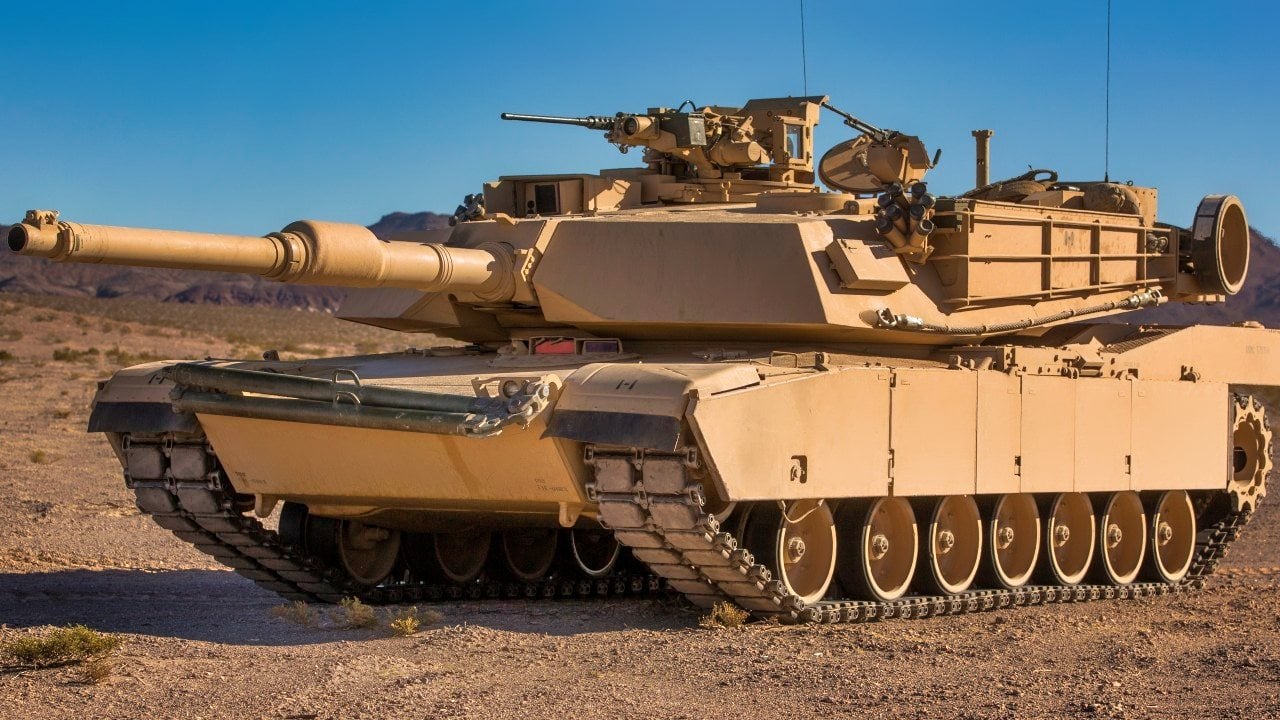Ukraine’s Kursk 'Incursion': A Turning Point in the War?
While some believe the incursion could be a turning point, that will depend on what additional forces Ukraine’s already-stretched army can commit to the Kursk operation.
Ukrainian forces crossed into Russia’s Kursk oblast on August 6. More than three weeks later, the Ukrainians occupy some 500 square miles of Russian territory. Whether the incursion will have a strategic impact on the overall course of the war remains uncertain. However, it represents a welcome near-term success for Kyiv.
The ground war between Russia and Ukraine in 2024 has been characterized largely by the Russian army grinding out slow and costly gains, primarily in Donbas. In February, the Russians captured Avdiivka, a town of limited strategic import for which thousands of Russian soldiers paid with their lives. The Russian army has pressed on, seeking to capture the more important city of Pokrovsk. While Pokrovsk is threatened, it is not apparent that the Russians can make a breakthrough.
With the Russian focus on Donbas, the Ukrainian invasion of Kursk caught the Russian army flat-footed. Experienced Ukrainian units had little trouble crossing the border, which was largely defended by poorly-trained Russian conscripts. The Ukrainians used drones to wreak havoc on early Russian reinforcements. While the Ukrainians’ progress slowed and Russian resistance stiffened, Kyiv says it controls 100 towns and settlements in Kursk.
The audacious thrust into Russian territory yields immediate pluses for Ukraine.
Militarily, Ukraine’s offensive has forced the Russians to transfer troops from the fight inside Ukraine to the defense of the Kursk region. The commander of Ukraine’s military says the Russians have moved 30,000 troops thus far, though it does not appear that they have withdrawn units that would relieve pressure on Pokrovsk.
Politically, the incursion has provided a morale boost for Ukrainian soldiers and the general public. After largely being on the defensive in 2024, Ukraine’s military has shown it can punch back. The attack has also positively affected the narrative among Ukraine’s friends in the West.
The incursion unnerved the Kremlin, which has sought to downplay the attack while cautioning that it may take time to prepare a counteroffensive. Vladimir Putin set a deadline of October 1 for clearing Kursk, though he generally tries to avoid the subject, as he often does with bad news. He instead has traveled to Azerbaijan and Chechnya and kept a busy schedule of meetings to try to portray a sense of business as usual. That nevertheless does not hide the fact that, for the first time in eighty years, a foreign military occupies Russian territory.
Kremlin officials say there will be no peace negotiations so long as Ukraine holds Russian territory. That is an idle point; there was no evident prospect before Kursk of a serious Russian negotiating approach.
The larger question is whether the Ukrainian incursion will have a strategic impact on the war. The leadership in Kyiv has been coy about its intentions. While Ukrainian officials say they do not intend to annex Russian territory, the CIA assesses that Ukrainian forces are preparing defensive lines, suggesting they may remain in Russia “for some time.”

While some believe the incursion could be a turning point, that will depend on what additional forces Ukraine’s already-stretched army can commit to the Kursk operation. Other analysts worry that it may prove a mistake, that the Russians will evict Ukrainian forces from Kursk, and that those forces, which could provide a reserve for defensive operations at home, are at risk. Perhaps, but we do not know how the fighting will play out, and Kyiv retains the option of withdrawal. Ukraine’s military commanders presumably weighed the risks and potential costs as well as the potential gains before launching the incursion.
In any event, however, this plays out in the longer term, Ukraine and its friends in the West can enjoy some positive news from the battlefield.
About the Author:
Steven Pifer is affiliated with Stanford’s Center for International Security and Cooperation and the Brookings Institution. He is a former U.S. ambassador to Ukraine.
Image Credit: Creative Commons and/or Shutterstock.


